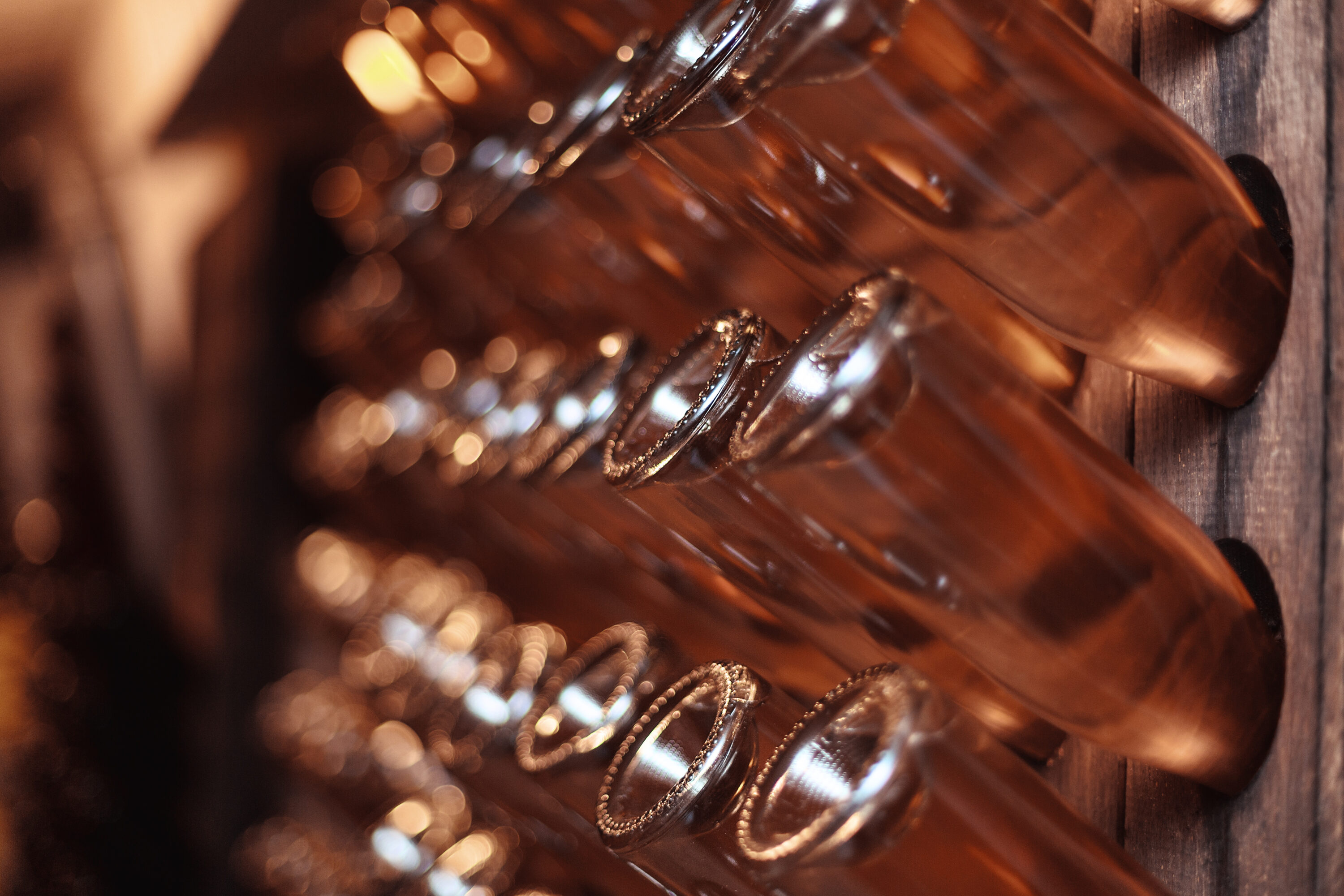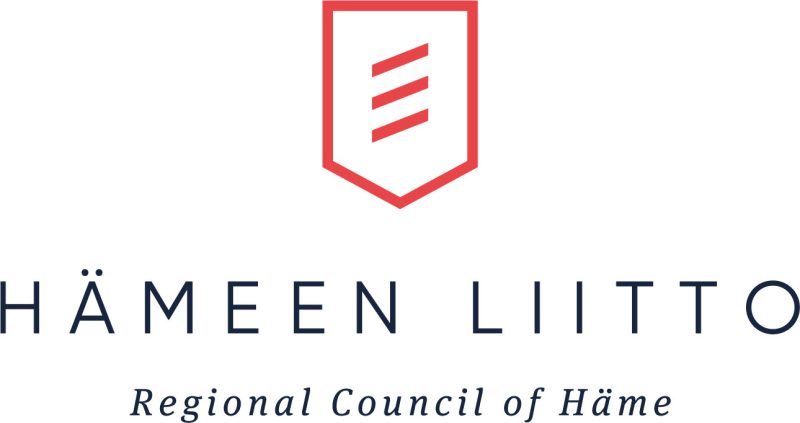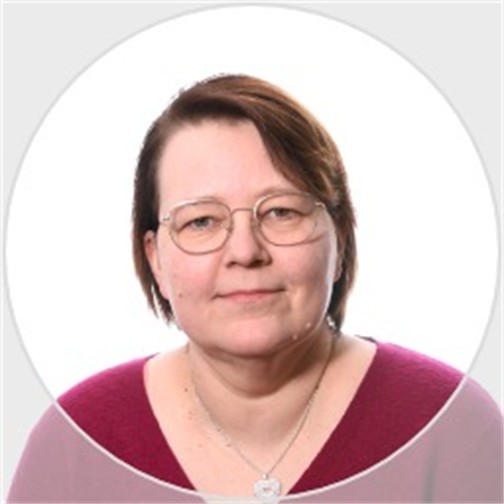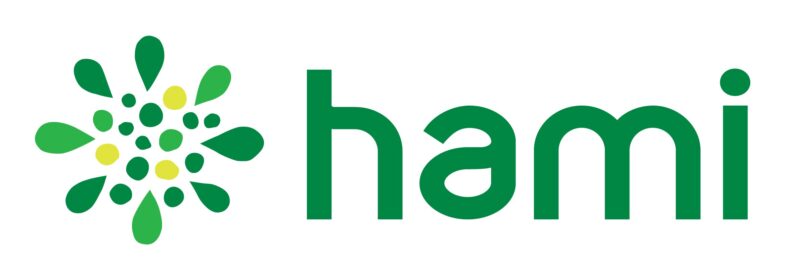
HÄMILIS
Waste to a Minimum, Added Value to a Maximum



Project information
| Project | Waste to a Minimum, Added Value to a Maximum |
| Duration | 1.3.2024-31.12.2026 |
| Partners | Häme University of Applied Sciences (project supervisor), LAB University of Applied Sciences, Häme Vocational Institute Ltd |
| Funding | European Regional Development Fund (ERDF) |
| Budget | 728 551€ (HAMK’s share 358 112€) |
The HÄMILIS project creates new thinking and collaboration to support the growth of SMEs using the principles of the circular economy. By using and utilising side streams efficiently, Kanta- and Päijät- Häme food industry operators can reduce their environmental impacts, increase their profitability and participate in promoting sustainable development.
The aim of the project is to create a new way of thinking in the cooperation between food sector operators in the region and to support the growth and renewal of SMEs through the circular economy. The project promotes regional sustainable development in the food sector and efficient use of resources and materials. The project aims to reduce waste. The use of side
streams will also contribute to reducing waste and minimizing environmental impact. The project aims to support Häme’s food entrepreneurs to make better use of common interfaces (industrial symbiosis), to find new types of smart business opportunities and to commercialize food side streams into reusable products. At the same time, it will identify opportunities for the use of high value-added components and enable agile experimentation.
Target Group
The target group of the project is food companies in Häme region. The main target group is mills, bakeries, breweries, dairies, farm wine companies and other refining companies in the grain and beverage sector of Kanta- ja Päijät-Häme.
Operating Region
Kanta-Häme, Päijät-Häme
Project goals
- Aiming to reduce waste in SMEs and to exploit side streams.
- To develop a precise tool for SMEs to manage food waste.
- To exploit the environment and laboratories of the project partners for the benefit of businesses and to develop services that meet their needs.
- To develop new products, in particular from food by-products, and carry out various experiments with businesses.
- To increase cooperation between SMEs at regional and international level.
Contact information


